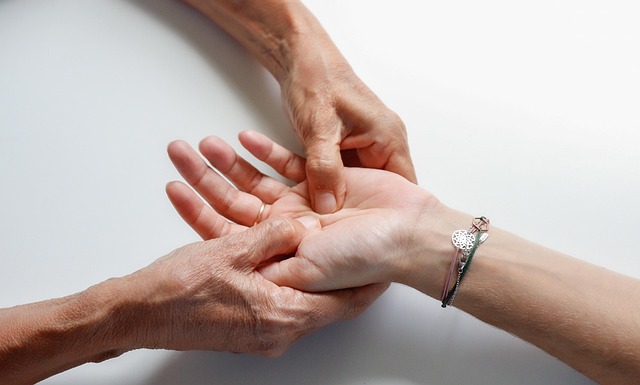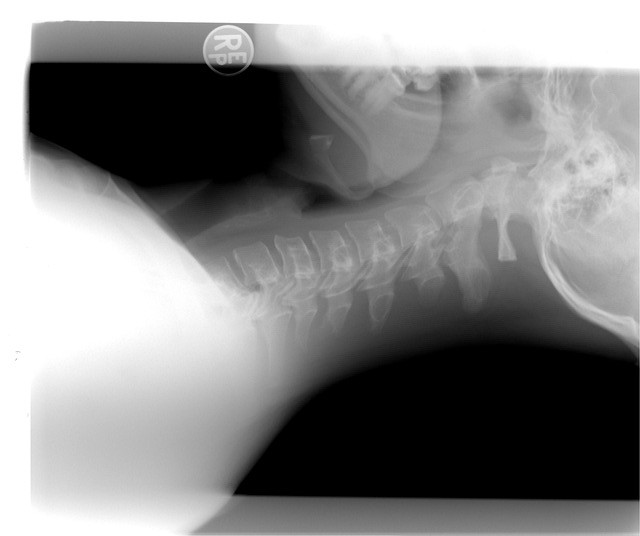Opioid-induced constipation (OIC) poses a significant challenge in patient care, warranting effective management strategies. This randomized controlled trial, conducted between February 2017 and January 2018, Yıldırım, et. al., aimed to assess the impact of abdominal massage on OIC symptoms.
The study involved 204 participants experiencing OIC, randomly assigned to experimental and control groups. The experimental group (n=102) received 15-minute video-guided abdominal massage training and performed the massage twice daily for four weeks. The control group (n=102) received the standard clinic approach. Various assessment tools, including a patient data form, Defecation Diary, Visual Analogue Scale, and Patient Assessment of Constipation Quality of Life Questionnaire, were employed.
Analysis of the data revealed significant improvements in OIC symptoms among the experimental group. Abdominal massage demonstrated a decrease in constipation severity, feelings of incomplete bowel emptying, straining severity, anal pain severity, and bloating (p < 0.05). Furthermore, it resulted in enhanced stool consistency (p < 0.05), increased defecation frequency, and improved quality of life scores (p < 0.05).
The application of abdominal massage exhibited a notable 13% increase in the number of defecations and emerged as an effective intervention for managing symptoms associated with opioid-induced constipation. This study sheds light on a promising non-pharmacological approach to address OIC, offering potential benefits in patient care and quality of life.
Reference: Yıldırım, D., Can, G., & Talu, G. K. (2019). The efficacy of abdominal massage in managing opioid-induced constipation. European Journal of Oncology Nursing, 41, 110-119.




